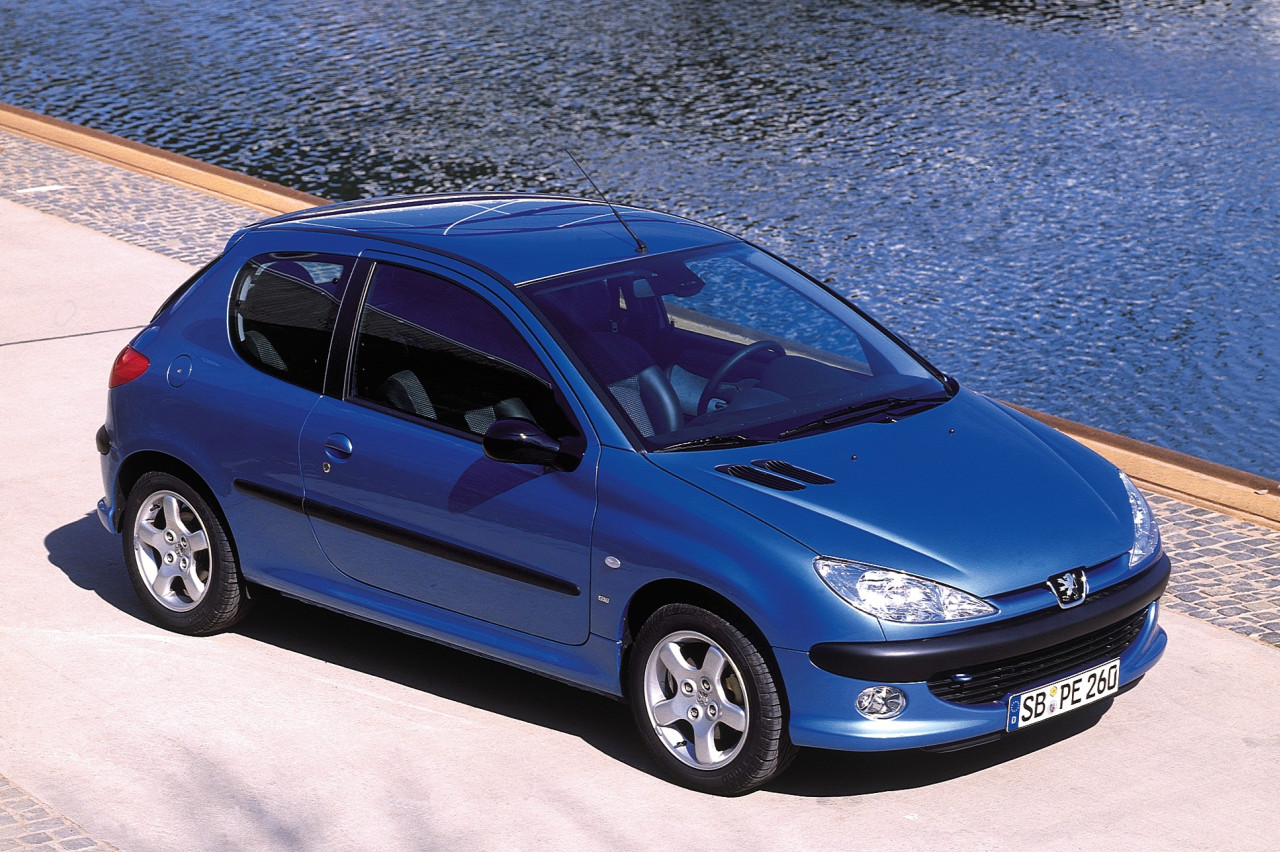It’s all your fault that the environment is going to hell! That is – quite exaggerated – the message from ING. Because you buy much more used cars than new cars, the greening of the Dutch vehicle fleet has come to a halt. So … uh … go and earn some more! Then you can spend money on a new plug-in hybrid or fully electric car.

In 2021, the number of new cars sold in the Netherlands reached a low point. And by that we mean that sales haven’t been this bad since the 1960s. Last year, 322,842 new passenger cars were registered (9.2 percent less than in 2020). At the same time, more than 2 million used cars were ‘over the counter’. An absolute record!
In corona time, the need for individual transport is high
It is understandable that the Dutch choose second-hand. New cars are (too) expensive and in times of corona there is a need for individual transport. However, ING is concerned. The popularity of used cars is causing an obsolescence of the fleet. “The average age of cars has risen to 11 years in 2021 and one in four cars is older than 15 years,” said Rico Luman of ING.
Road pricing with higher rates for second-hand drivers
“Older cars drive more kilometers than before,” he says, “and that slows down the process of sustainability.” Luman also has a solution. “Road road pricing with differentiation according to emissions can clean up the fleet in the future, but that is only planned for 2030.” In other words, people who drive an older (read: polluting) car have to pay more tax per kilometer.
New car sales pick up again in 2022
However, ING expects new car sales to pick up this year, although the effects of the global chip shortage will be felt for some time to come. For 2022, the company expects about 370,000 cars to be sold, an increase of 22 percent compared to 2021. Electric cars now have a market share of about 10 percent. That will probably be 15 percent by the end of this year.